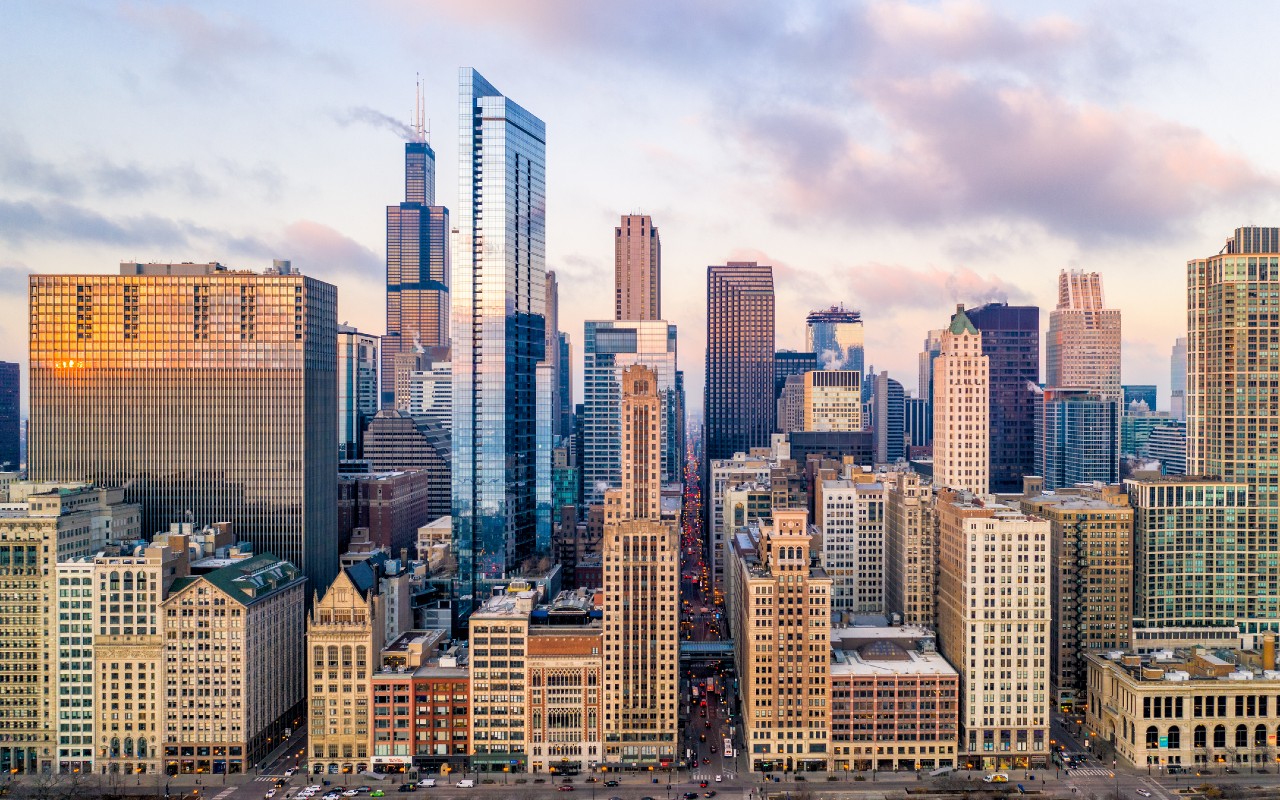Editor's Note: The Lake County judge on Monday refused to dismiss the case. Our updated story can be found here. Our original story continues below.
A Lake County judge on Monday is expected to make a ruling on whether or not to dismiss charges against the father of the man accused of fatally shooting seven and wounding more than 40 others at the 2022 Fourth of July parade in Highland Park.
Robert Crimo Jr.'s attorney George Gomez told the court earlier this month that his client was charged under an unconstitutionally vague law, saying prosecutors charged Crimo Jr. for “innocent conduct” — signing “a wholly truthful” affidavit helping his son, Robert Crimo III, apply for and obtain a gun license.
Crimo Jr. has pleaded not guilty to seven counts of reckless conduct, one for each person killed. Each count carries a maximum three-year prison term. Prosecutors allege the father aided the son in getting a gun license even though he knew the then-19-year-old had previously threatened violence.
If Lake County Judge George Strickland rejects Gomez’s arguments and allows the case to proceed, Crimo Jr.’s bench trial would start Nov. 6.
Charges against parents following mass shootings are rare partially because the cases are difficult to prove, legal experts have said.
The four-sentence section of the state law invoked to charge Crimo Jr. says “a person commits reckless conduct when he or she, by any means lawful or unlawful, recklessly performs an act or acts that ... cause great bodily harm or permanent disability or disfigurement to another person.”
Local
The defense motion to dismiss argues the law’s lack of specificity makes it impossible to know what actions qualify as criminal conduct. It says the law also offers no definition of “cause,” opening the way for prosecutors to link the signing of a gun-license application to a shooting years later.
The motion adds that, until Crimo Jr., “Illinois has never prosecuted an individual for signing a truthful affidavit under oath.”
Feeling out of the loop? We'll catch you up on the Chicago news you need to know. Sign up for the weekly> Chicago Catch-Up newsletter.
Judge Strickland sounded skeptical about defense arguments that the law needed to spell out in greater detail what kinds of actions constitute reckless conduct and whether that applies to a parent signing a gun application so many years prior to a mass shooting.
“There is no way the Legislature can codify human behavior and codify every way you can be reckless,” said Strickland, who told attorneys at the outset that any questions or statements he made shouldn’t suggests he’s already decided the issue.
In arguing the law was too vague and imprecise, Gomez noted it lists conduct that leads to permanent bodily harm or disfigurement — but doesn’t say anything about conduct leading to death.
“Would not death be, at a minimum, permanent disfigurement?” Strickland asked. Gomez agreed that could be an interpretation but said the fact legislators left it out suggested they didn’t intend for it to be used as prosecutors applied it to Crimo Jr.
Attorneys for the state responded that the law’s wording didn’t stand out as vague and that it does not open the way for all forms of conduct to be charged — just “reckless” conduct. Whether conduct was reckless and whether an gun-license affidavit was “truthful” should be up to a jury to decide, they argued.
A grand jury indicted the son last year on 21 first-degree murder counts, 48 counts of attempted murder and 48 counts of aggravated battery, representing the seven people killed and dozens wounded in the attack. Potential evidence is voluminous in the son’s case and no trial date has been set. He has pleaded not guilty.
Lake County State’s Attorney Eric Rinehart said after the father’s arrest that the accusations against him are based on sponsorship of his son’s application for a gun license in December 2019. Authorities say Crimo III tried to kill himself in April 2019 and in September 2019 was accused by a family member of making threats to “kill everyone.”
“Parents who help their kids get weapons of war are morally and legally responsible when those kids hurt others with those weapons,” Rinehart said at the time.



